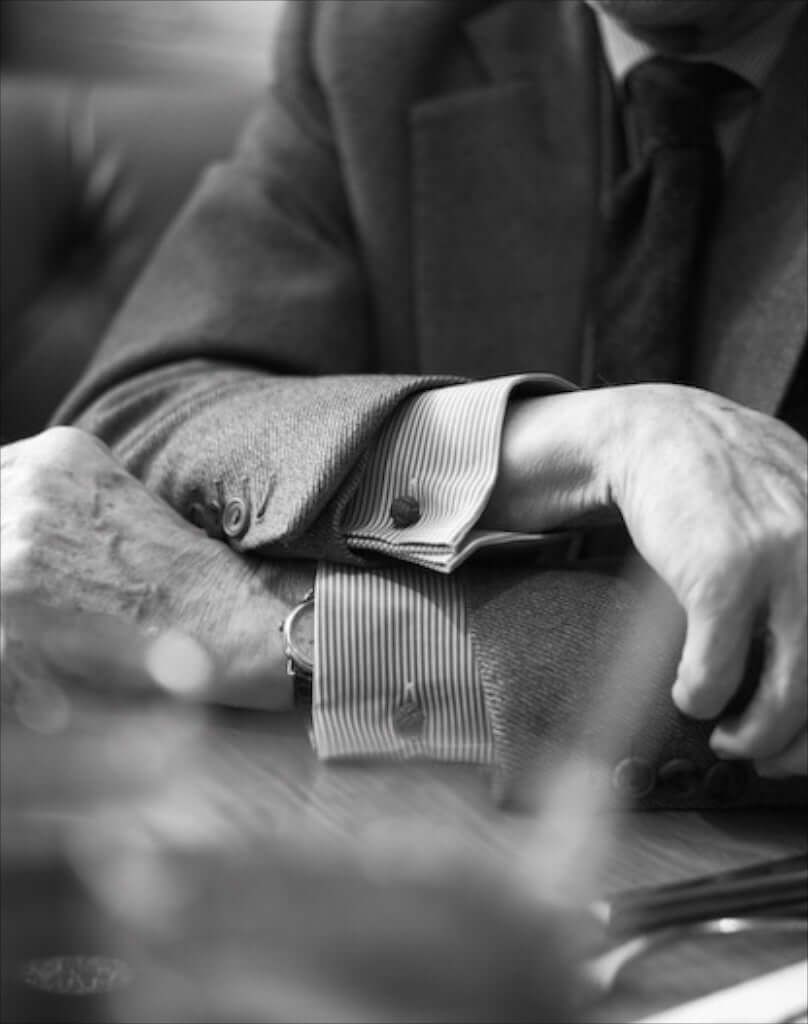
Written by Ethan Newton
On this point I must play devil’s advocate, and I offer in my defense that I have been daily assaulted by both those overtly conscious of appearing “sprezz”, and those so nauseatingly pretentious that any misconduct with the ‘rules of classical dressing’ becomes akin to a personal attack on their propriety.
In the time I have been involved in this industry of menswear, I have seen that the pendulum seems to swing very far to either side of balanced by those prone to judge. While it is true that many take the idea of appearing effortless too far, and lose any semblance of being natural in their dress, there are as many who react with such abhorrence to any slighting of their standards of dress that it makes me wonder what trauma they experienced early in life to cause it.
Appearing effortless is a great thing. I don’t know if I necessarily achieve such - it is hard to judge your own appearance accurately - but the man whose dress I most respect, Fred Astaire, always looked so beautifully comfortable in his own wardrobe. He wasnt dull, and sometimes his cuff buttons were undone, but he always achieved looking just like Fred Astaire. Being entirely militant about never undoing a button unecessarily or wearing a certain shade of brown while in the city, so entirely robs the act of dressing any joy you might experience that the rules become a crutch. Some men peacock - that is their personality. Some do it more naturally than others, some are more succesful at it than others. There is no blanket rule that can be applied in saying one affectation is good and another bad, nor is there any assurance that by dressing within the realms of boring sobriety that one can escape causing offence.
A great friend and mentor, G.Bruce Boyer, once wrote me to the effect that dressing should be a joyous thing. It is a hobby we are allowed to partake of, and a means of self expression for men. He is wonderfully well dressed, and always looks just like himself when he dresses.
So - be wary of swinging too far either way. A lack of affectation may end up being just as damning as too much.
